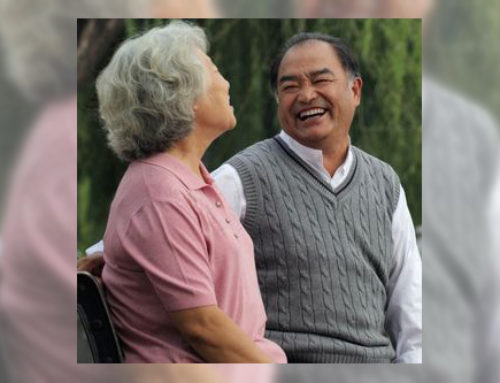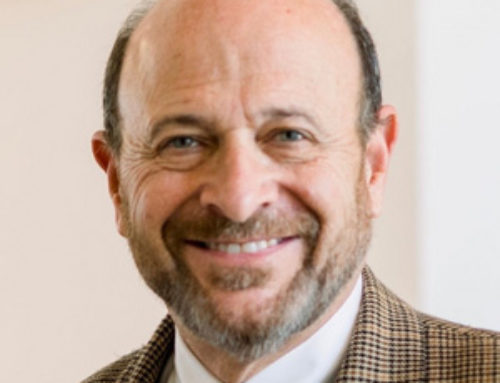Alzheimer’s Disease
Let’s talk!

Alzheimer’s disease is a progressive, mental deterioration that can occur before, during or after the middle-age years due to changes in the brain. Some of the symptoms include memory loss, inability to perform daily tasks, confusion, personality change and decline in communication skills.
According to Us Against Alzheimer’s:
- Approximately 5.7 million people in the U.S. currently have Alzheimer’s disease. The number of Americans with Alzheimer’s is projected to triple to 16 million by 2050.
- Someone in the United States develops Alzheimer’s every 65 seconds. By 2050 this is projected to be every 33 seconds.
- Alzheimer’s is not just a disease of old age: 200,000 people under age 65 have early-onset Alzheimer’s disease.
- Worldwide about 50 million people have some form of dementia, and someone in the world develops dementia every three seconds.
- Alzheimer’s Disease takes the lives of an estimated 500,000 Americans every year.
- It is the only top-10 cause of death in the United States with no known cure.
- Alzheimer’s disproportionately impacts women and communities of color. For more information on gender and race disparities, see our disparities page.
I remember when my great grandmother began showing signs of Alzheimer’s Disease. It was disheartening. We knew that this was inevitable, but nothing could prepare us for the pain and sadness felt as we watched our beloved matriarch rapidly weaken – the constant confusion and hallucinations. I must have cried all day when I realized she had forgotten who I was. I was the one who STAYED in trouble and whose name she consistently called to reprimand.
After my great grandmother passed due to complications from Alzheimer’s Disease, I began to look for data that would give me more information about this disease and how to treat it. Some of the most common treatments included eating healthier, exercising, and getting regular checkups. Eating healthier combined with regular exercise can retard the progression of Alzheimer’s. Regular doctor visits give physicians an opportunity to monitor the condition and make suggestions based upon revelation of the facts. Let’s talk about! Let’s learn more!
Register today for the St. Louis Oasis class on the 10 Warning Signs of Alzheimer’s. Learn about typical age-related changes, common warning signs, how to approach someone about memory concerns, early detection, the benefits of a diagnosis, and the diagnostic process. We’ll also share information on resources available through the Alzheimer’s Association. This is a free class on Zoom!






Leave A Comment